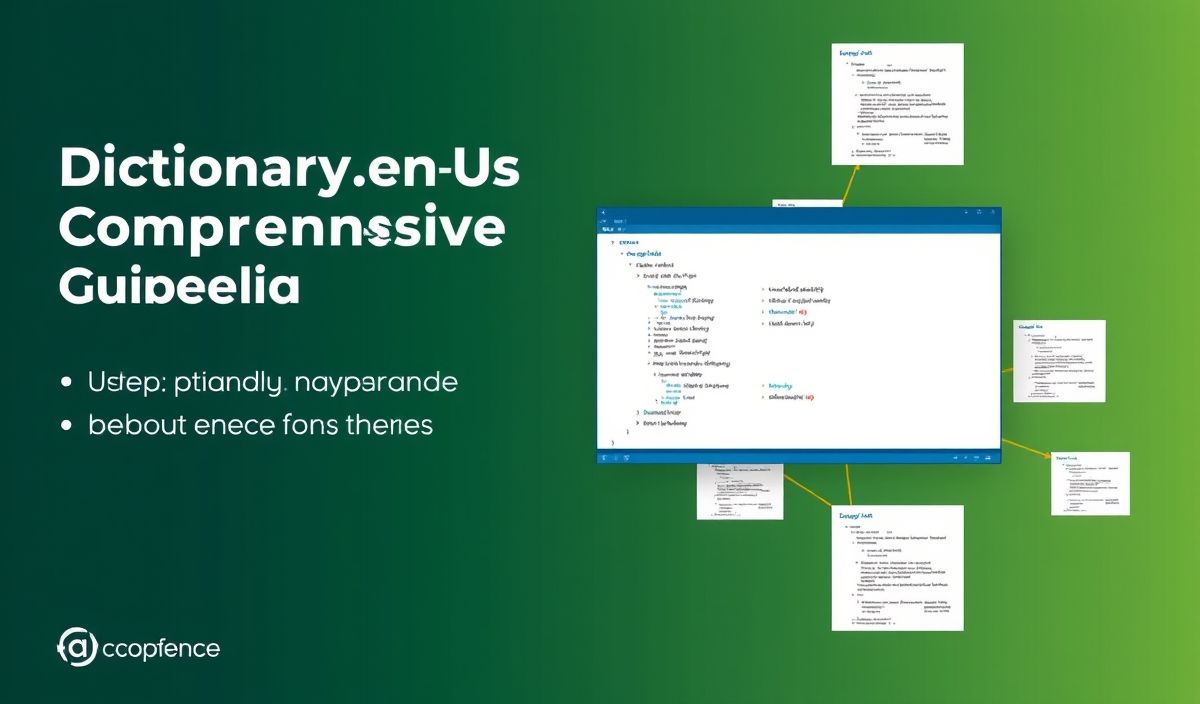Introduction to libclang
libclang is a C-based interface to the Clang compiler. It exposes a stable and high-level API for parsing, analyzing, and working with source code written in C, C++, Objective-C, and Objective-C++. libclang is particularly useful for developers who need to build tools such as code analyzers, auto-completion engines, and static analyzers.
Key Features of libclang
- Provides a high-level and easy-to-use API for common use cases.
- Offers bindings in several languages, such as Python and Rust, making it accessible to a broader range of developers.
- Enables static code analysis, syntax tree traversal, and source-to-source translation.
- Provides stable APIs across different Clang versions.
Getting Started with libclang
To start using libclang, include and link against the libclang library in your project. Most development environments support Clang’s library installation. Below is an example of setting up a simple program to parse a source file:
#include <clang-c/Index.h>
#include <stdio.h>
int main() {
CXIndex index = clang_createIndex(0, 0);
CXTranslationUnit unit = clang_parseTranslationUnit(index, "example.c", NULL, 0, NULL, 0, CXTranslationUnit_None);
if (unit == NULL) {
printf("Failed to parse translation unit\\n");
return -1;
}
printf("Successfully parsed translation unit\\n");
clang_disposeTranslationUnit(unit);
clang_disposeIndex(index);
return 0;
}
Exploring libclang APIs
libclang exposes a rich set of APIs, making it a robust toolkit for developers. Here are some useful APIs along with code snippets:
1. Syntax Tree Traversal
Use clang_visitChildren to traverse the abstract syntax tree (AST):
CXCursorVisitor visitor = [](CXCursor cursor, CXCursor parent, CXClientData client_data) {
CXString cursorSpelling = clang_getCursorSpelling(cursor);
printf("Cursor: %s\\n", clang_getCString(cursorSpelling));
clang_disposeString(cursorSpelling);
return CXChildVisit_Recurse;
};
clang_visitChildren(clang_getTranslationUnitCursor(unit), visitor, NULL);
2. Getting Function Signatures
Retrieve details about functions in the source code:
CXCursorVisitor visitor = [](CXCursor cursor, CXCursor parent, CXClientData client_data) {
if (clang_getCursorKind(cursor) == CXCursor_FunctionDecl) {
CXString functionName = clang_getCursorSpelling(cursor);
printf("Function: %s\\n", clang_getCString(functionName));
clang_disposeString(functionName);
}
return CXChildVisit_Recurse;
};
clang_visitChildren(clang_getTranslationUnitCursor(unit), visitor, NULL);
3. Extracting Documentation Comments
Extract documentation comments written above functions:
CXCursorVisitor visitor = [](CXCursor cursor, CXCursor parent, CXClientData client_data) {
if (clang_getCursorKind(cursor) == CXCursor_FunctionDecl) {
CXString docComment = clang_Cursor_getRawCommentText(cursor);
if (clang_getCString(docComment)) {
printf("Documentation:\\n%s\\n", clang_getCString(docComment));
}
clang_disposeString(docComment);
}
return CXChildVisit_Recurse;
};
clang_visitChildren(clang_getTranslationUnitCursor(unit), visitor, NULL);
4. Resolving Types
Get information about variable or function return types using clang_getCursorType:
CXCursorVisitor visitor = [](CXCursor cursor, CXCursor parent, CXClientData client_data) {
if (clang_getCursorKind(cursor) == CXCursor_VarDecl) {
CXType type = clang_getCursorType(cursor);
CXString typeSpelling = clang_getTypeSpelling(type);
printf("Variable Type: %s\\n", clang_getCString(typeSpelling));
clang_disposeString(typeSpelling);
}
return CXChildVisit_Recurse;
};
clang_visitChildren(clang_getTranslationUnitCursor(unit), visitor, NULL);
Building an App with libclang
Here is an example of a lightweight code analysis tool built using libclang. This tool scans C source files and extracts function names along with their documentation comments.
#include <clang-c/Index.h>
#include <stdio.h>
void analyzeCode(const char *filename) {
CXIndex index = clang_createIndex(0, 0);
CXTranslationUnit unit = clang_parseTranslationUnit(index, filename, NULL, 0, NULL, 0, CXTranslationUnit_None);
if (unit == NULL) {
printf("Failed to load file: %s\\n", filename);
return;
}
CXCursorVisitor visitor = [](CXCursor cursor, CXCursor parent, CXClientData client_data) {
if (clang_getCursorKind(cursor) == CXCursor_FunctionDecl) {
CXString functionName = clang_getCursorSpelling(cursor);
CXString docComment = clang_Cursor_getRawCommentText(cursor);
printf("Function: %s\\n", clang_getCString(functionName));
if (clang_getCString(docComment)) {
printf("Documentation: %s\\n", clang_getCString(docComment));
}
clang_disposeString(functionName);
clang_disposeString(docComment);
}
return CXChildVisit_Recurse;
};
clang_visitChildren(clang_getTranslationUnitCursor(unit), visitor, NULL);
clang_disposeTranslationUnit(unit);
clang_disposeIndex(index);
}
int main(int argc, char **argv) {
if (argc < 2) {
printf("Usage: %s <file.c>\\n", argv[0]);
return -1;
}
analyzeCode(argv[1]);
return 0;
}
Conclusion
libclang provides a robust API suite essential for developers building tools for static analysis, code navigation, or custom compilers. With its intuitive and stable interface, you can easily unlock the power of Clang in your development workflow. Start integrating libclang today to supercharge your C/C++ projects!




